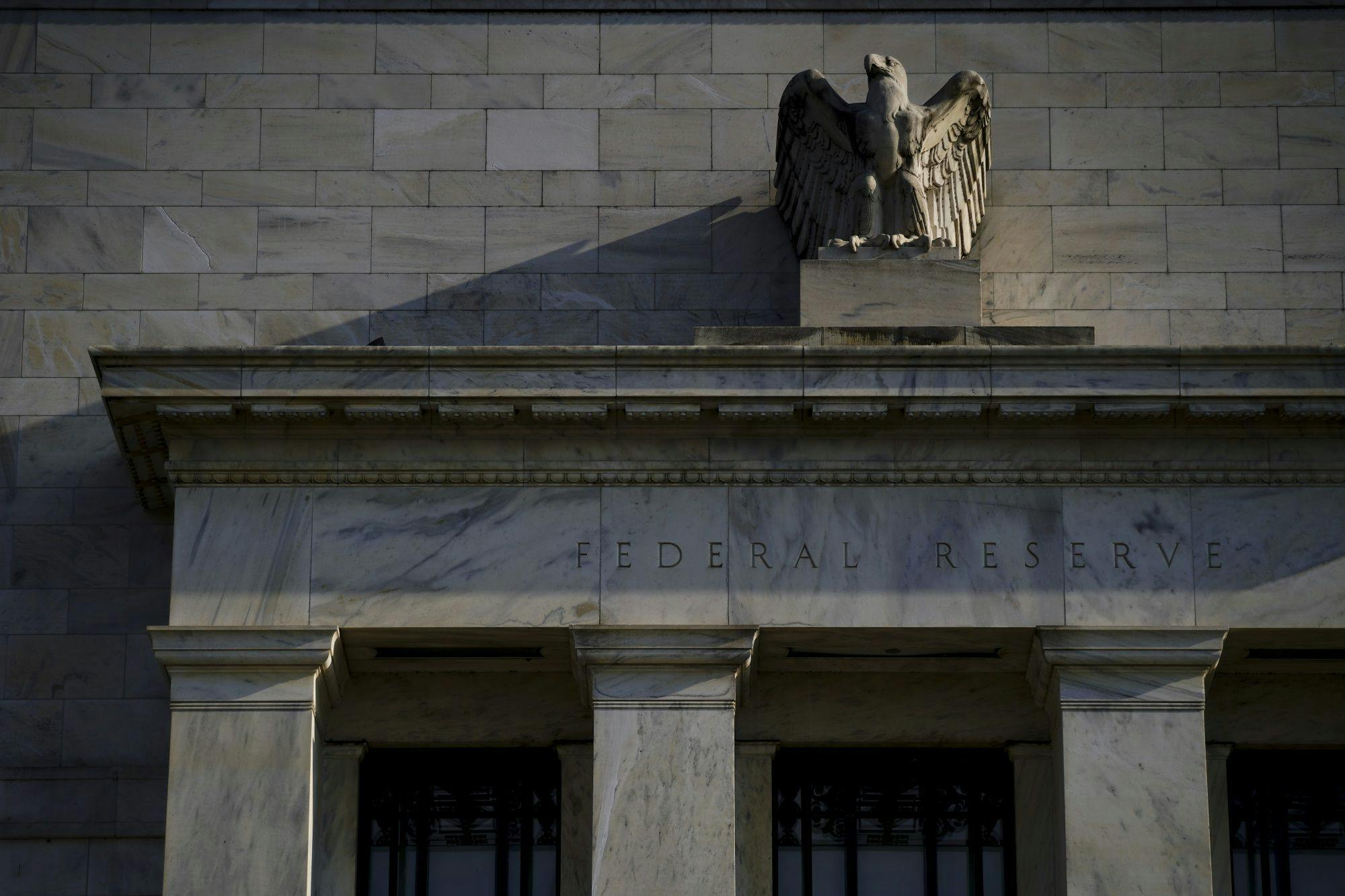 Bloomberg
Bloomberg
Fed Bought $12 Million in One Day of Main Street Loan Purchases
The Federal Reserve has bought $12 million so far in loans through its Main Street Lending Program, the central bank disclosed Thursday in its weekly reserve balance report.
Although the program was fully launched July 6, the Fed only started buying loans on Wednesday, so the disclosure captures just one day of purchases. Banks that make eligible loans to small- and mid-size businesses are able to sell 95% of each loan to the Fed. Loans can range in size from $250,000 to $300 million for an expansion of existing credit.
Read more Reuters
Reuters
NY Fed's Williams says low take-up of emergency lending facilities a sign of success
The emergency lending facilities set up by the Federal Reserve helped to ease credit markets after they were disrupted by the pandemic, and relatively low usage of the programs is a sign that markets are functioning well, New York Fed president John Williams said Thursday.
The central bank had to take an innovative approach when responding to markets to help keep credit flowing to households and businesses, reviving some programs used during the 2008 financial crisis but also establishing new ones, Williams said during a webinar.
“The scale and reach of the response is an indication of the gravity and unique nature of the situation we are facing,” Williams said.
Read more E&E News
E&E News
2 banks lose billions in fossil fuel loans
U.S. banks have come under mounting scrutiny in recent years for issuing trillions of dollars in fossil fuel loans that critics describe as environmentally fraught — and financially irresponsible.
Market volatility, cratered oil prices and weakened consumer demand brought on by the coronavirus pandemic, experts say, have further validated those concerns.
Over the last six months, both Wells Fargo & Co. and JPMorgan Chase & Co. disclosed that they've suffered dire financial losses — in part due to failed loans to beleaguered oil, gas and pipeline companies.
Read more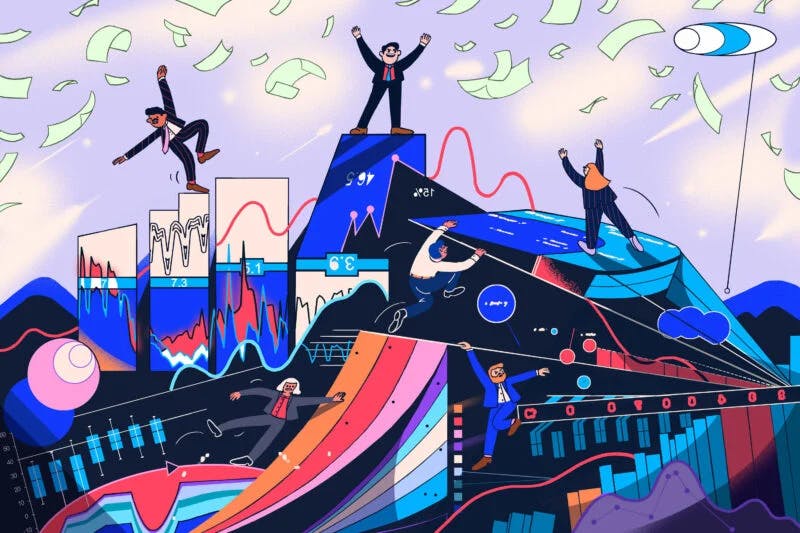 ProPublica
ProPublica
How McKinsey Is Making $100 Million (and Counting) Advising on the Government’s Bumbling Coronavirus Response
In the middle of March, as the coronavirus pandemic was shutting down the country, McKinsey & Co., the giant management consulting firm, saw opportunity. The firm sprang into sales mode, deploying its partners across the country to seek contracts with federal agencies, state governments and city halls. Government organizations had been caught unprepared by the virus, and there was a lot of money to be made advising them on how to address it.
That month, a partner in McKinsey’s Washington, D.C., office, Scott Blackburn, got in touch with an old colleague. Deb Kramer had just been promoted to become an acting assistant undersecretary at the Department of Veterans Affairs, where Blackburn, whom McKinsey declined to make available for an interview, had held senior roles between 2014 and 2018. During that period, the two had overseen a major overhaul of the agency called “MyVA,” a project McKinsey had worked on as well. Blackburn had worked at McKinsey before going to the VA, and he returned to the firm afterward. He and Kramer were in touch repeatedly in the middle of March, according to a person familiar with the exchanges.
Read more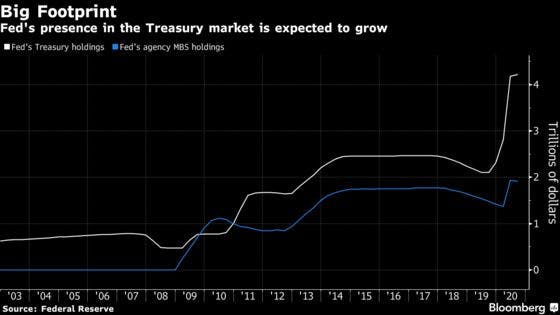 Bloomberg
Bloomberg
Traders Bet the Fed’s Bond-Buying Binge Has Just Begun
The Federal Reserve has bought trillions of dollars in Treasuries just to fix the bond market. It may need to buy a lot more to help repair the economy.
A surge of new coronavirus cases is clouding the economic outlook in the U.S., and that’s likely to translate into pressure for more action from the Fed -– maybe as soon as this month’s meeting. Fed Governor Lael Brainard hinted as much on Tuesday, saying the central bank should pivot its policies toward providing longer-run accommodation.
Wall Street strategists and Fed officials say the focus will now be on sustaining a recovery and potentially keeping a lid on long-term yields as the government pumps in even more fiscal stimulus. The Fed has also been compressing yields with emergency lending facilities supporting everything from municipal to corporate debt. But those programs are temporary.
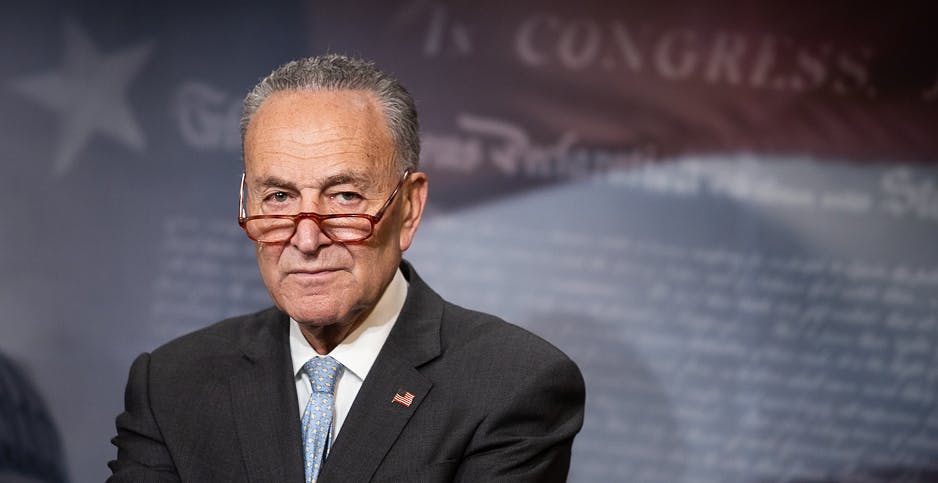 E&E News
E&E News
Senate Dems unveil $350B economic, infrastructure bill
Senate Minority Leader Chuck Schumer (D-N.Y.) yesterday unveiled a $350 billion proposal that would invest in environmental justice and infrastructure in communities of color.
The "Economic Justice Act" would fund community health care, child care, jobs training and environmental justice, among other things, according to summary documents released by Senate Democrats.
"Federal underinvestment in communities of color has created systemic disparities that cross nearly every sector," the summary says. "These communities now bear a disproportionately severe burden of the COVID-19 pandemic and economic recession."
Read more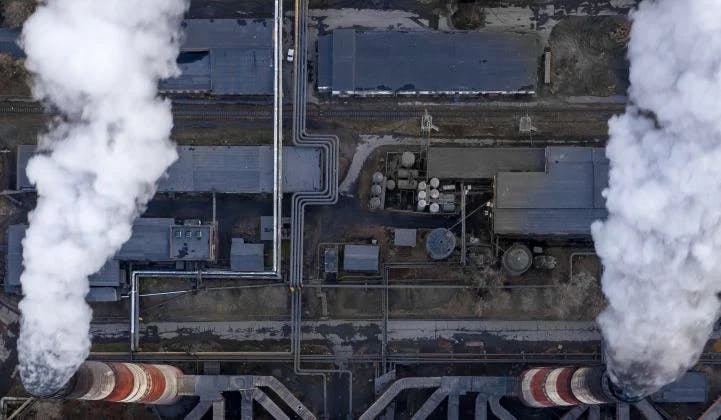 Greentech Media
Greentech Media
OPINION: The World Needs a Cash-for-Coal-Clunkers Program
For just 5 percent of what the U.S. has spent on its COVID-19 recovery package, it could have bought out and retired every coal plant in the world.
Instead, the U.S. coal industry is benefiting from recovery programs while the world continues to subsidize old, uneconomic coal plants rather than retire them. As we debate a green recovery, now is the time to add an important approach to our tool kit, a cash-for-coal-clunkers program, to help buy the only thing we can’t make more of: time.
Read more